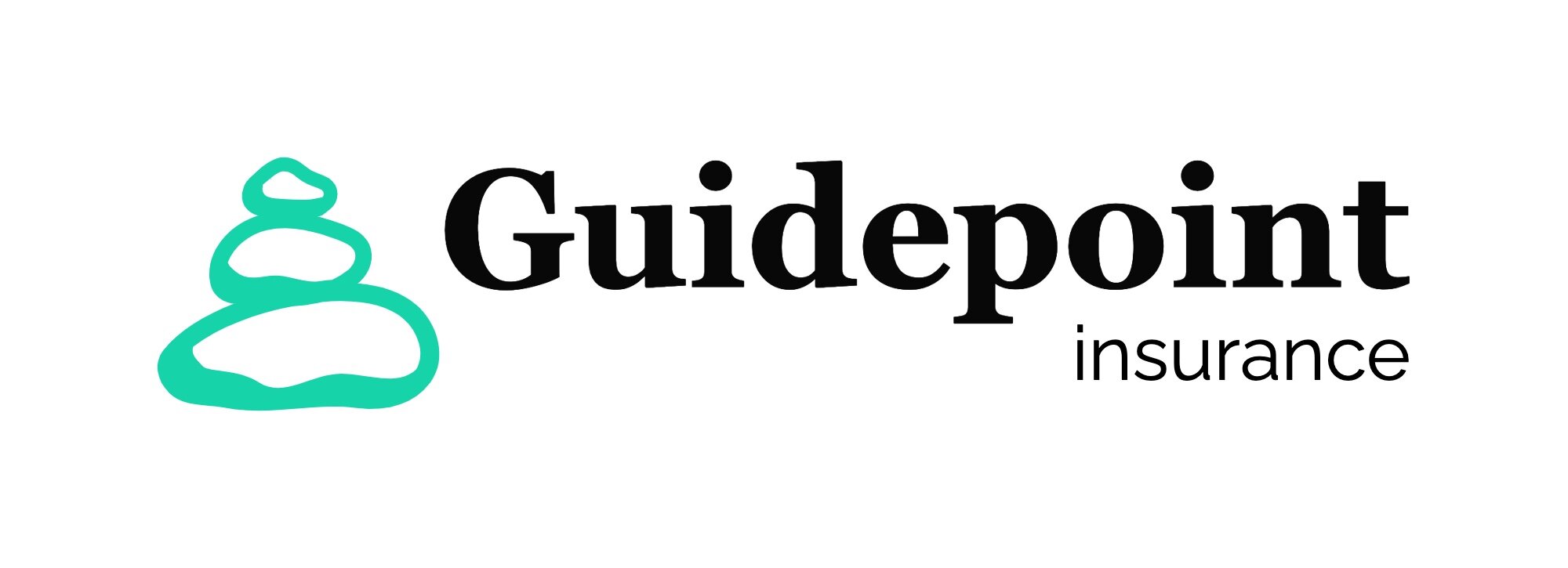Guide To Auto Insurance Basics
Welcome to our guide on auto insurance! We'll break down the different parts of auto insurance to help you understand what you're paying for and why it's important. Let's get started!
Parts of Auto Insurance
Auto insurance can be divided into several key parts. Each part provides different types of coverage to protect you and your vehicle. The main components are Liability Coverage, Collision Coverage, Comprehensive Coverage, Personal Injury Protection, Uninsured/Underinsured Motorist Coverage, and sometimes, additional optional coverages.
Liability Coverage
First, let's talk about Liability Coverage. This is required by law in most states. It covers the costs if you're at fault in an accident and you damage someone else's property or injure someone. There are two types of liability coverage: Bodily Injury Liability and Property Damage Liability.
Bodily Injury Liability
Bodily Injury Liability covers medical expenses, lost wages, and legal fees for the other party if you cause an accident.
Property Damage Liability
Property Damage Liability covers the cost of repairs or replacement for the other party’s vehicle or any property you damage in an accident.
In most states, there's a state minimum for liability coverage. However, we recommend carrying $100,000 per person for bodily injury, $300,000 per accident for bodily injury, and $100,000 for property damage. This is often written as 100/300/100 and helps keep you adequately covered.
Collision Coverage
Next is Collision Coverage. This part of your insurance pays for damage to your car resulting from a collision, whether it's with another vehicle or an object like a tree or a guardrail. It's especially important if your car is newer or more valuable. If you have a loan or lease on your car, this coverage is typically mandatory. The deductible amount you usually see for this is $500 or $1,000, but it can vary.
Comprehensive Coverage
Comprehensive Coverage covers damage to your car caused by events other than collisions. This includes theft, vandalism, natural disasters, fire, and even hitting an animal. If you have a loan or lease on your car, this coverage is typically mandatory. The deductible amount most often seen for this is $500 or $1,000, but it can vary.
Personal Injury Protection (PIP)
Personal Injury Protection, or PIP, is another important part of auto insurance. PIP covers medical expenses for you and your passengers, regardless of who is at fault. It can also cover lost wages and other related expenses.
Uninsured/Underinsured Motorist Coverage
Uninsured/Underinsured Motorist Coverage protects you if you're in an accident caused by a driver who has no insurance or not enough insurance. This coverage helps pay for your medical bills and car repairs in such cases. It's important to have this coverage to stay safe on the road. We recommend carrying 100/300/100 coverage for this as well.
Optional Coverages
Finally, there are additional optional coverages you can consider. These might include Roadside Assistance, Rental Car Reimbursement, and Gap Insurance. Roadside Assistance helps if you break down and need a tow or other help. Rental Car Reimbursement covers the cost of a rental car while your car is being repaired. Gap Insurance pays the difference between what you owe on your car and its current value if it's totaled or stolen.
Choosing the Right Coverage
Choosing the right coverage depends on your needs, your car's value, and your budget. It's important to review your policy and understand what each part covers.
Comparing Apples to Apples
When shopping for insurance, it's crucial to compare "apples to apples." This means making sure you're comparing the same types of coverage with the same limits and deductibles. For example, if one policy has a $500 deductible for collision and another has a $1,000 deductible, the cheaper policy might seem better, but it could cost you more out of pocket if you have an accident. Always check the details to make sure you're getting the right coverage for your needs.
Conclusion
Auto insurance is essential for protecting yourself financially on the road. By understanding the different parts of your policy, you can make informed decisions and ensure you have the right coverage.
Drive safely!
